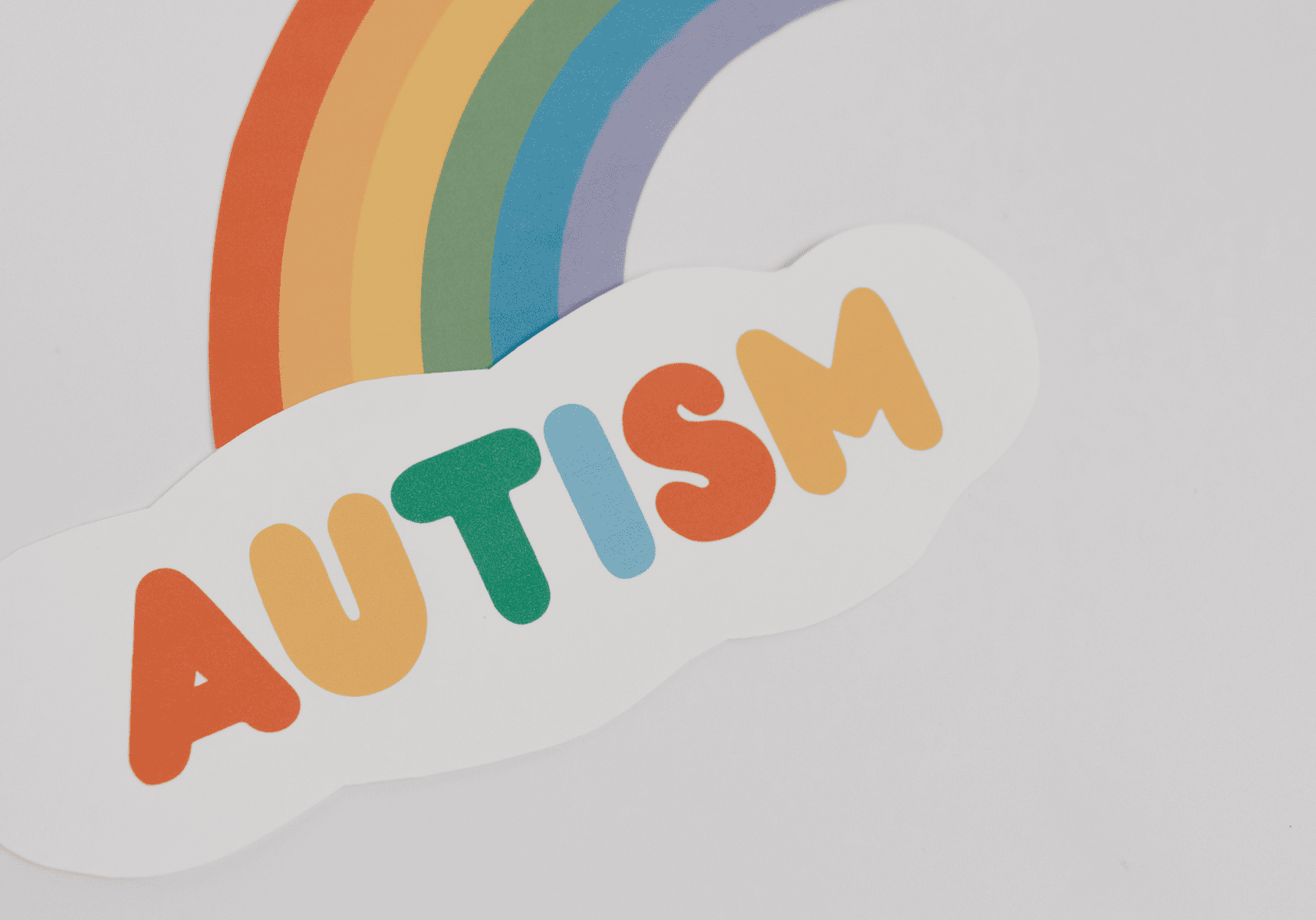
Benefits of Yoga for Children With Autism Spectrum Disorder
Unveiling the Healing Power of Yoga - By Beth Rush
Reading time: 4 minutes
Yoga is a contemplative practice that has holistic benefits for children living with autism spectrum disorder.
Parents play an essential role in developing their child's intellect. They can leverage yoga as an effective and fun contemplative practice that benefits both the mind and body. Learn the various benefits of yoga for children with autism spectrum disorder.
1. It Has Holistic Potential
Modern treatment programs use a holistic approach to manage an individual's condition. Care providers might encourage families to explore the integration of yoga as a supplementary option to improve physical and mental health.
Several studies proved yoga as a beneficial addition to supporting children with autism spectrum disorder (ASD). One of these looked at 43 kids with ASD, 23 of whom were part of the intervention group and attended training sessions lasting 45 minutes for 12 weeks, while the other 20 were in the control group that didn't participate in any class.
Researchers found yoga could favorably impact children with ASD, improving health outcomes and quality of life. It can be an effective add-on treatment to upgrade their skills in several facets.
2. It Boosts Overall Communication Skills
In the same study, researchers measure the children's ability under four categories:
- Speech, language and communication
- Sociability
- Sensory and cognitive awareness
- Health, physical and behavior
They saw the biggest improvement in the first subscale relating to the kids' communication skills, attributing the considerable positive change to the different chanting during yoga sessions. They had to imitate sounds like Om, recite a few other chants and do a humming bee’s breath that developed their oral-motor movements. All contributed to elevating their verbal and non-verbal communication abilities.
3. It Enhances Self-Regulation Skills
Almost 40% of children with ASD get diagnosed with anxiety at some point. Adults swear by yoga's effectiveness in helping them regulate emotions, with many claiming it's made them calmer and less anxious.
Experts want to find out if yoga for children with autism spectrum disorder will have the same gains. Half of 61 children aged 8–12 years old with ASD joined yoga sessions for six weeks to assess whether it can expand emotional awareness, improve their ability to self-regulate, and minimize sleep problems and anxiety.
The parents reported significant gains in their young ones' general executive control, including reduced sleep problems, enhanced ability to communicate their feelings and willingness to evaluate their emotions after the interventions. Yoga as a mindfulness practice may help kids with ASD moderate their emotions, as they're taught to acknowledge their feelings during the training.
4. It Increases Physical Activity-Related Skills
While yoga is generally a low-impact movement, it can be a moderate- to high-impact activity, depending on the type of flow in a session. For instance, doing the Chaturanga or low plank pose helps build arm strength, requiring moderate ability.
Another study found yoga can improve the various physical aspects of adolescents with ASD. Nineteen teenagers enrolled in a 12-week class and attended 83% of the scheduled sessions. When the study concluded, researchers found a significant boost in the participants' leg strength, flexibility and dynamic leg balance, proving yoga can increase physical-activity-related skills.
5. It Improves Motor Skills
According to a study involving 45 preschool children, yoga can also build motor skills. Researchers initially wanted to ascertain the movement's impact on motor and cognitive abilities. Participants did 12 weeks of 30-minute yoga sessions three times weekly.
While researchers determined it didn't have any difference in cognitive mastery, yoga tremendously improved various motor abilities, including fine motor integration, manual dexterity, coordination and balance. It remains an integral intervention in developing muscle coordination abilities in children.
Yoga Has Holistic Health Gains
The benefits of yoga for children with autism spectrum disorder encompass
multiple health domains, including physical and emotional. It may be a valuable supportive therapy for your child. If you consider it, find a teacher with relevant experience — half the success is the teacher's ability to handle the kids' attitude and perception toward the practice. The right person can successfully integrate yoga into your young one's daily routine to reap all these benefits.







